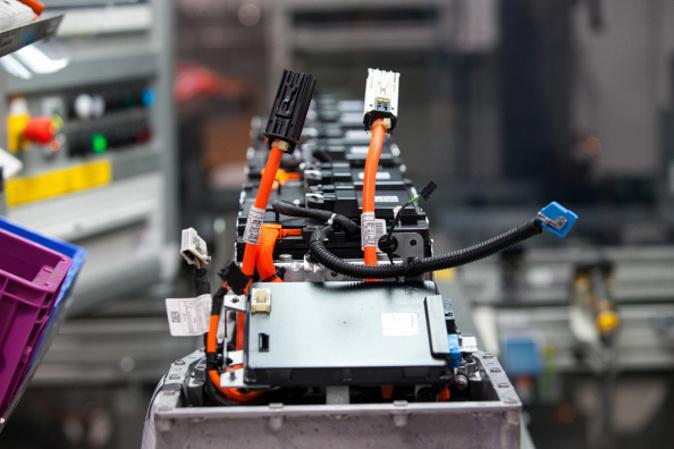Following a failed bid to buy a stake in a Perth-based lithium miner on April 24, Chinese miner Yibin has restructured the agreement to avoid scrutiny from the Foreign Investment Review Board (FIRB).
A fortnight ago, Yibin Tianyi Lithium Industry withdrew a bid to buy an 11.77 percent stake in AVZ Minerals after it received advice from FIRB the bid would be blocked.





